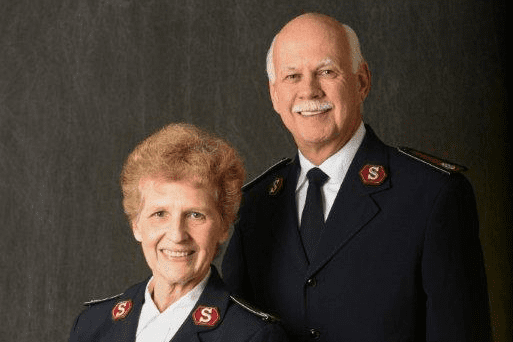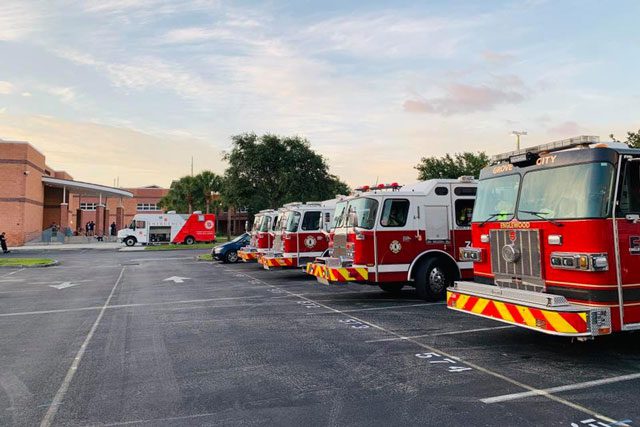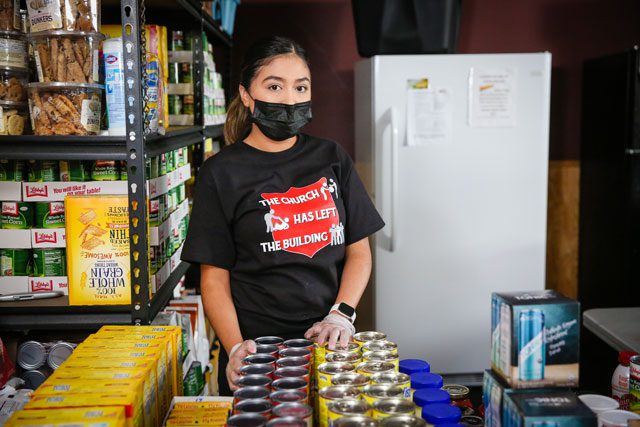The Salvation Army in Pennsylvania works to create successful visits between parents and foster children.
By Jan Mussergeier –
Foster care visits are generally conducted in a supervised environment where professionals determine if the parents are ready to reunite with their children. For children, this environment could seem awkward, strange—even frightening.
The Salvation Army Children’s Services in Allentown, Pa., created a fresh approach to family visits in February 2013 with the Visit Coaching Program.
The program pairs a visit coach with parents to assess the needs of their child before each visit. The Visit Coach joins the parents during visits for moral support and ensures a playful and enjoyable experience for the children. After each visit, parents sit down with their visit coach to evaluate their strengths and how they can better meet their child’s needs.
“Reunification is the goal for almost every child that enters the child welfare system,” said visit coach and casework supervisor, Sue Shotwell. “Visit coaching provides a nurturing, safe, supportive, home-like environment for families to have meaningful, child-focused visits with their children, as they work toward reunification.”
According to the Children and Youth Services Review, parent-child visitation played a significant role in family reunification. In a study of 411 children who spent at least three years in out-of-home care, caseworker involvement was positively associated with permanency outcomes.
Conversely, a review of 62 failed reunifications found that a caseworker or service provider’s poor assessment was a factor in 42 of the failed cases, according to a Child Welfare Information Gateway study.
Some alternatives for failed family reunifications include adoption through The Statewide Adoption and Permanency Network, group homes, kinship resources where another family member cares for the child, foster-adoption, and in some cases children age out of the foster care system without adoption or reunification.
The Child Welfare League of America estimates as many as 36 percent of foster youth who have aged out of the system become homeless, 56 percent become unemployed and 27 percent of male former foster youth become incarcerated.
Some parents of foster children face housing, employment, relationship, or addiction issues. A visit coach helps remind parents not to let their concerns affect the limited time they have to bond with their child. To date, the program has served nine families.
“Visit coaching is a comfortable way for my son and I to be reunited,” said Charles, a biological father reunited with his son Shane. “It is a way to get out and have fun and the support and encouragement to move forward in positive ways. It helps bring some things to my attention that I may have missed without the help. I have learned that my son needs me.”
The Salvation Army Children’s Services recently partnered with the Lehigh County Office of Children and Youth. The Visit Coaching Program plans to expand into other counties as they continue to provide more resources to strengthen the foundation of each family.
The program also gives families an opportunity to communicate directly with foster parents, so children feel confident knowing they have two supportive families.
Foster parents’ support of communication between children and their biological parents facilitates achievement of reunification goals, according to the Federal Child and Family Services Review.
“Visit coaching feels more comfortable talking with my dad,” said 12-year-old Shane. “Other visits (in the county office) felt strange. I liked going out to a lake for a walk and seeing nice sized catfish, going bowling, and playing air hockey with my dad at an arcade. I have learned more things about my dad and he learned about me.”
See more via pendel.salvationarmy.org












